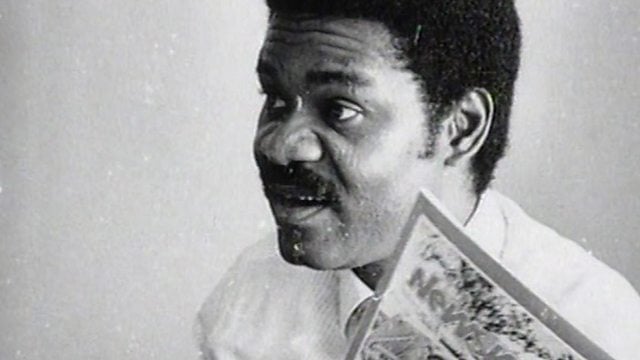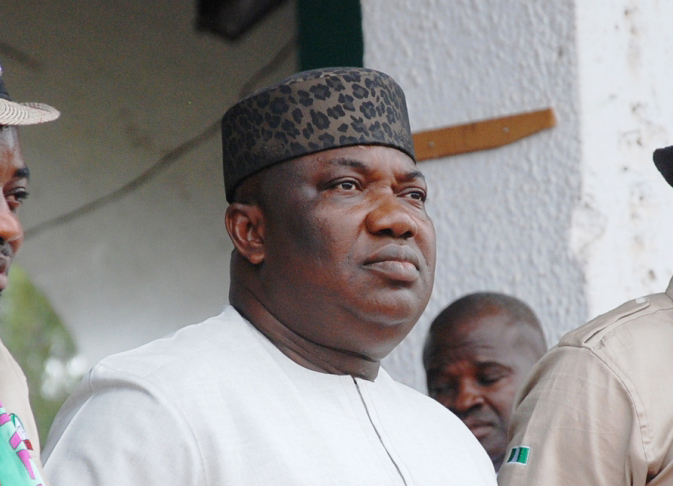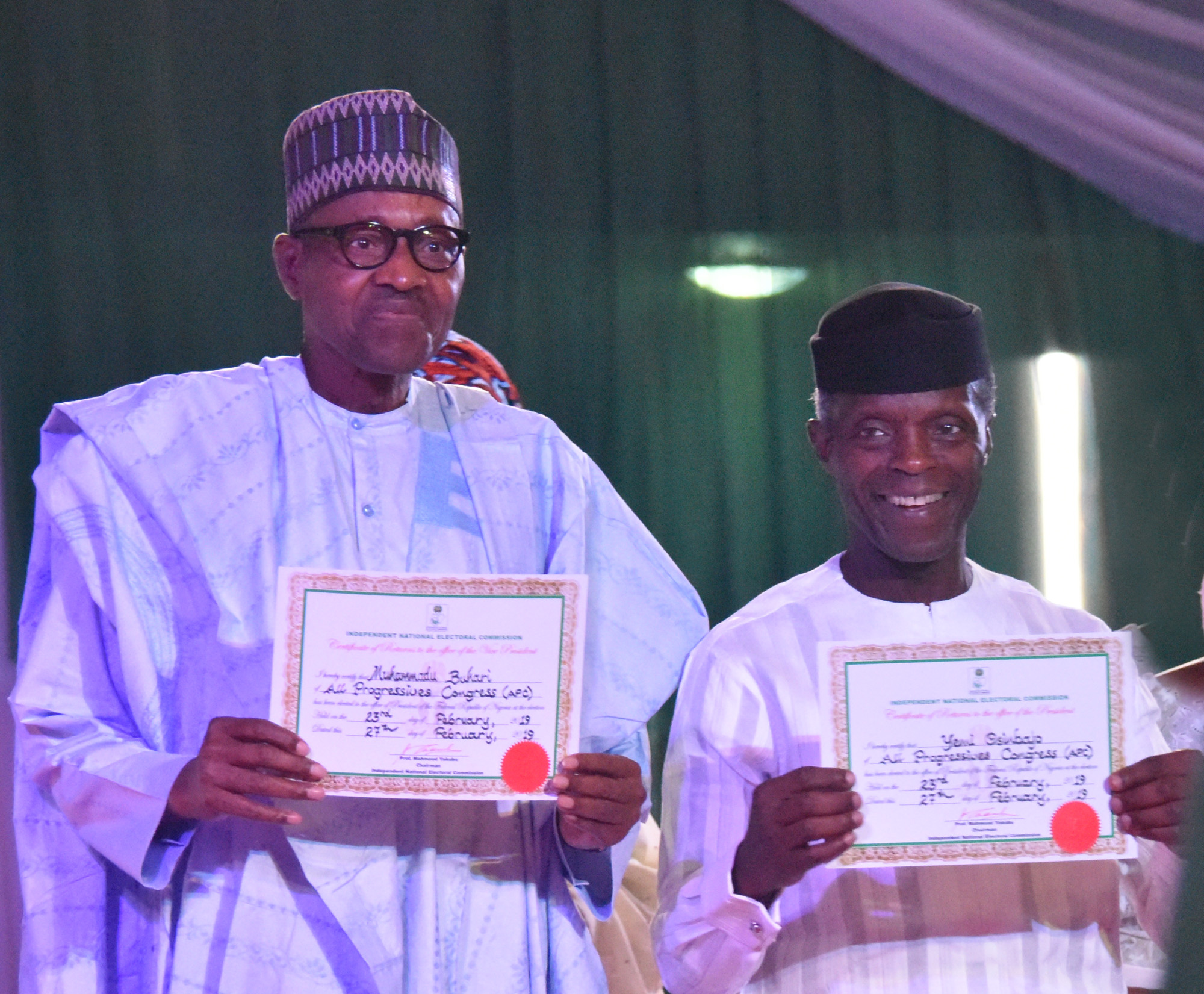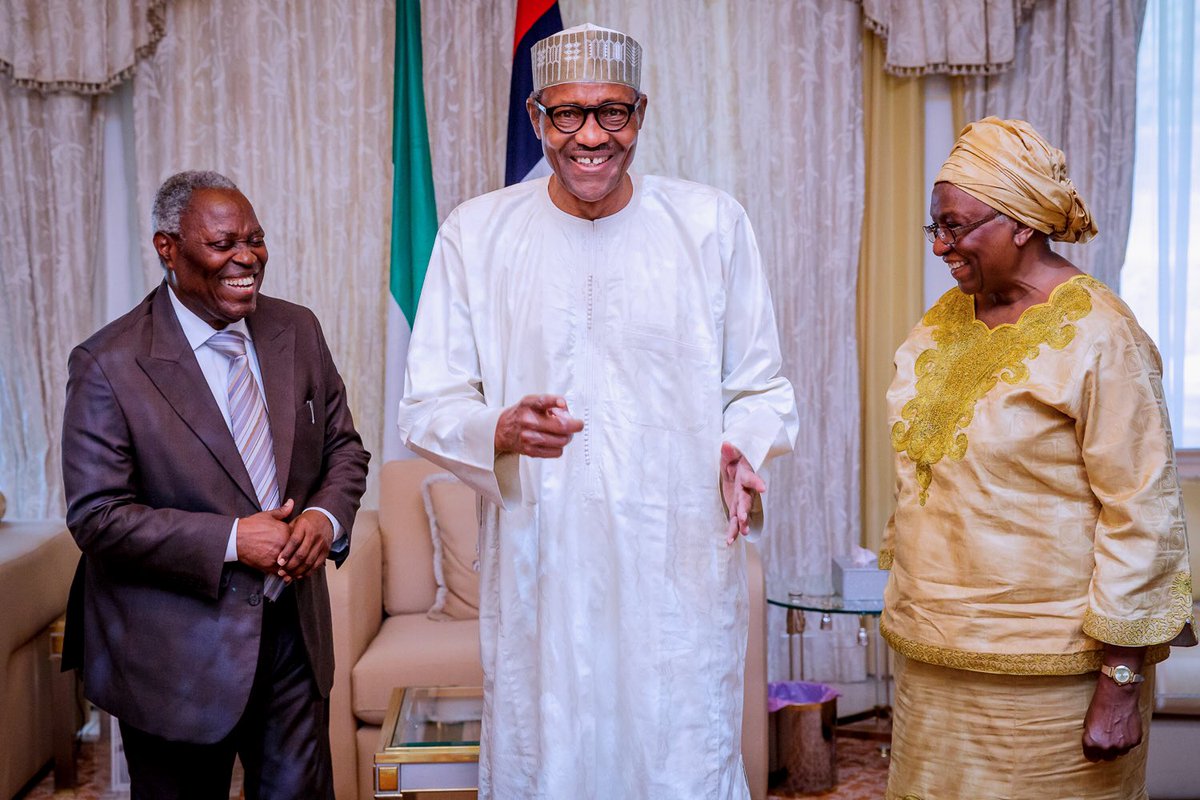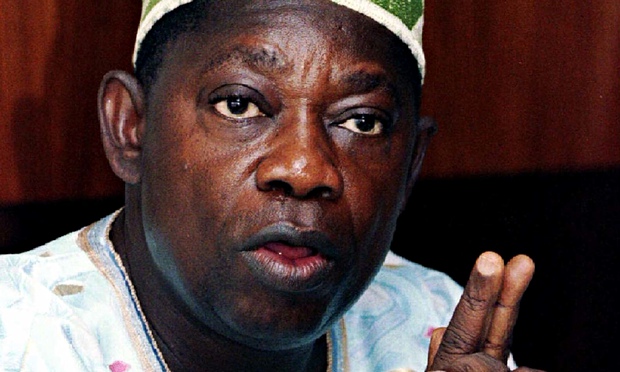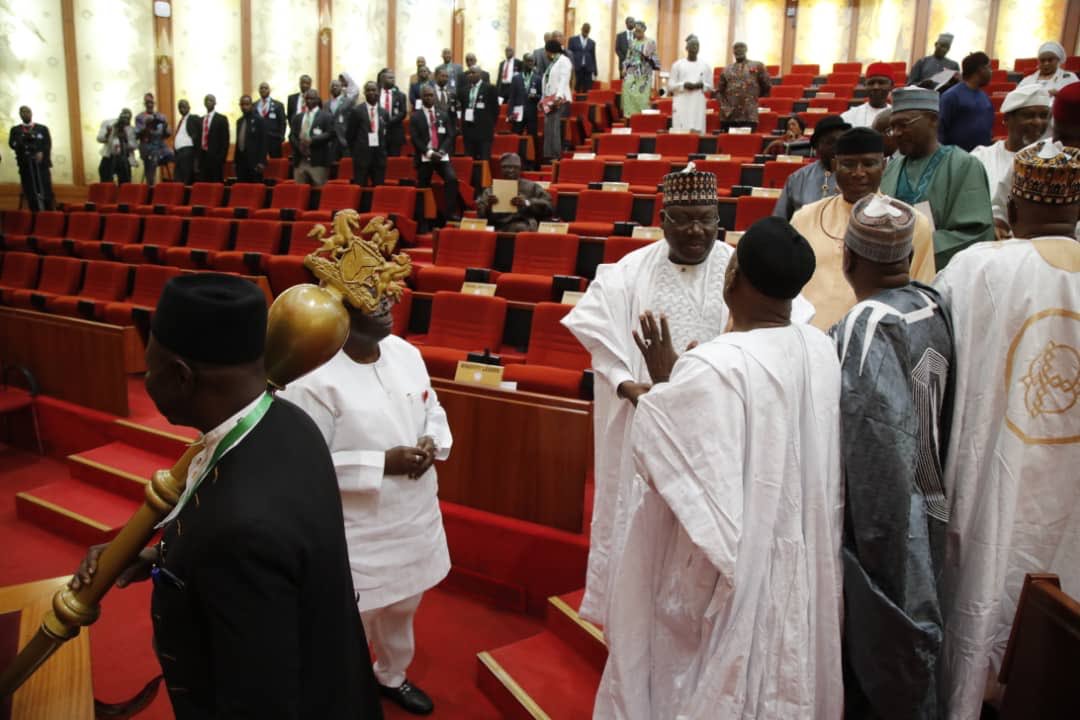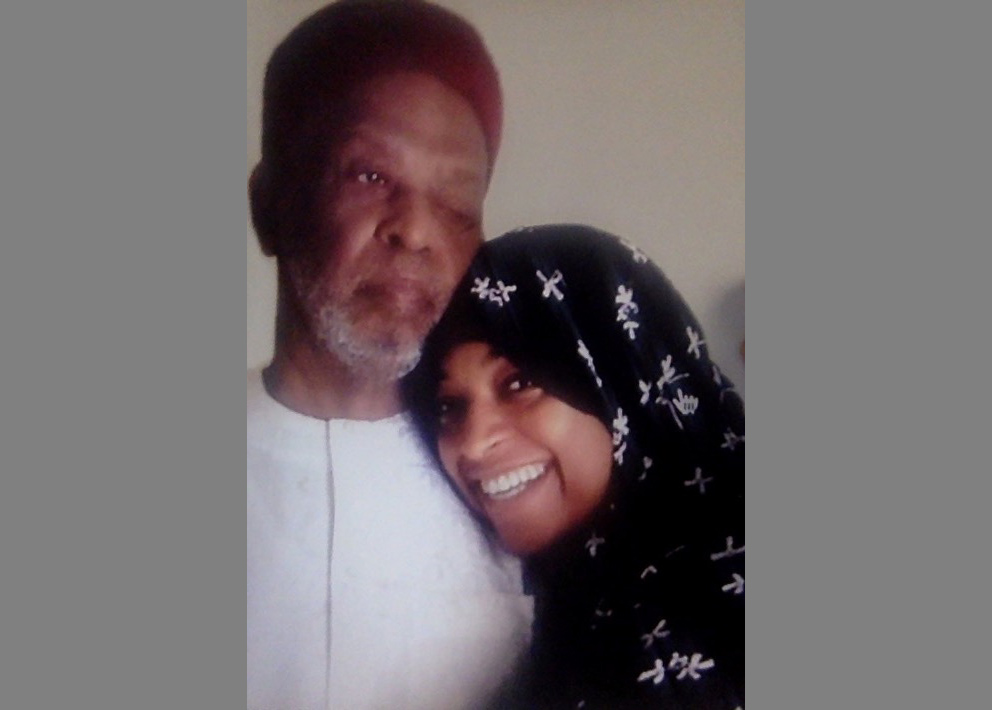Dele Giwa
In a fit of righteous indignation, the late venerated Dele Giwa in his regular column” Parallax Snaps” which used to run in the defunct Concord newspaper once described Nigeria as God’s experiment with the impossible. He was moved to say this looking at the fractious contradictions and dysfunctional state of Nigeria in his time, which by his own conclusion would never allow the country rise to its potential.
Today sadly decades after Giwa made that distressing assessment of Nigeria, the situation not only holds true, but has proven to be prophetic as Nigerians themselves in overwhelming numbers have in many ways come to question whether the country should stand as it is or not.
Scholars of the Nigerian situation overwhelmingly agree that the root cause of this has to do with Nigeria’s history. The British colonialists who clobbered the country together did not meet a nation but an agglomeration of different states at different levels of political, social and economic development. And because the British were wary not to create a nation out of these disparate peoples lest they unite against them, they devised a system of administration of divide and rule over the natives.Thus Nigeria unlike Ghana never experienced nationhood under colonial rule as the British took special care to create conditions of continuous mutual antagonism between the various states making up Nigeria andat the independence in 1960, Nigeria evolved more as a geographical expression of disparate peoples than as a nation.
Having granted Independence to Nigeria under these conditions, the British retired to Westminster to watch keenly the chaos they deliberated created unfold among the people making up the Nigeria they created.
Advertisement
The Igbos of the southeast region with their republican nature based on pioneering individualism and sense of personal endeavour and achievement felt the new Nigerian state should be constructed in their image. The Yoruba of the southwest with their tradition of federalism underpinned by strict checks and balance under the Oyo Empire, sought to impress it upon the others that Nigeria should be governed not by a unitary arrangement, but by a lose federal structure with more power divested to the federating units. The Hausa-Fulani to the north, self-conscious of their entrenched political and social positions in the north and desiring to protect it, were not only enamoured of the Yoruba advocacy for a federal structure in the country, but also a strict policy of north for northerners only. The minority ethnicities in the country squeezed by the dominant ethnic groups have dithered between supporting a strong centre which frees them a little from this situation, to a preference for autonomy over their ethnic and cultural identities and control over resources of land and minerals found in their domain.
Till date much of Nigeria’s political struggle centres around these issues and the political elites of Nigeria preoccupied with this template of politicking have seen nothing beneficial in rising above it.Indeed they seem to have found comfort and convenience in perpetuating the politics of ethnicity and religion which much like the British template of old makes the critical mass of Nigerians amenable for political manipulation and control. This largely accounts for why goals for national development and advancement more often end up being subsumed under divisive and counterproductive actions by Nigeria’s political elite.
This is what instigated the late Dele Giwa’s lamentation about Nigeria.
Advertisement
At this stage in our historical experience as a country, we have reached a point where we cannot continue as we have been going all this while. Whereas in Dele Giwa’s time in the eighties, not many were inclined to agree with his assessment of Nigeria, today the signs of the effect of Nigeria’s dangerous flirtation with self-neglect and denial over the years are clearly manifested in the deepening fault lines of ethnicity, religious differences, banditry, sectarian crises, and widening gap between social classes among others.
That the political elite in Nigeria have failed and betrayed the promise of the country which was entrusted on them is no more in any doubt. Now that the contradictions they have created and perpetuated over the years have led to a dangerous point in our politics, our political elite have found themselves out of odds and depth in proffering solutions for the way out. Some among them are openly calling for the outright disintegration of the country while others are inviting foreign powers to invade and occupy the country and install a new colonialism. Yet others occupying positions of national prominence and trust are these offices through actions that promote sectional and primordial interests. These are people who have been privileged by the Nigerian state to rise to the status and positions that they presently occupy in our national life.
There have been strident calls for a restructuring of the country as a panacea. But again judging from the nature and intent of the calls, the restructuring will be more a continuation of the known pattern of struggle by the elite that will further reinforce the dangerous fault lines in the country than provide a clear path to nation hood.
My take is that the proof that our political elite have failed to rise to the challenges of nation building in Nigeria has been borne out by the fact long after the British have left they have not been able to provide the country with a concrete template for the meaningful national integration of the disparate people of Nigeria into a nation. This failure is glaring enough considering that other less endowed countries in Africa and the developing world faced with similar situations about the same time as we got our independence, have since faced made remarkable strides in their quest for national integration and development.
Advertisement
What this means is that our elite who we hold up as national icons are in reality not worthy of such adulation as they have not proven capable of resolving the national question.
Views expressed by contributors are strictly personal and not of TheCable.

